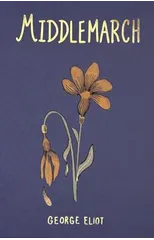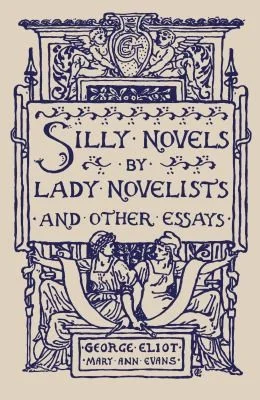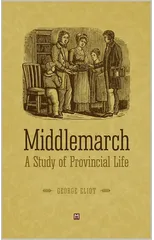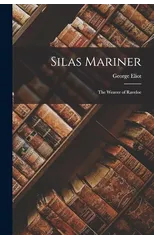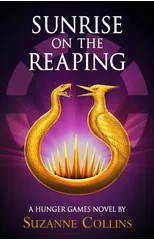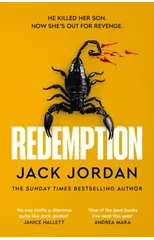Everyone knew that little Maggie Tulliver's world revolved around her elder brother, Tom. He could do no wrong and no one else's-not even her beloved father's-opinion mattered. And though Tomcould not completely understand his free-spirited sister, he a do red her. But time changes everything for the Gulliver. Deep in debt, the Gulliver lose their flour Mill on the river Flossto the cruel Mr Wakem. Their financial downfall compels Tom Maggie to grow up before time and the once-close siblings driftapart as adulthood brings with it the trappings of propriety, societal and morality. Both Tom and Maggie are forced to take decisions that lead to a series of events that irrevocably alter not just their lives, but also the fates of those around them. George Eliot's the Mill on the Floss brings out the complexities of family relationships and individual choices in the face of adversity, while addressing a mix of various themes that were pertinent to 19th-century England.
George Eliot
George Eliot was the pen name of Mary Ann Evans, a prominent Victorian-era novelist known for her insightful and complex characterizations. Her most notable works include "Middlemarch," considered one of the greatest novels in the English language, and "Silas Marner," a poignant tale of redemption and community. Eliot's literary style is characterized by its psychological depth, moral complexity, and social commentary. She was a pioneer in the realist tradition, exploring themes of morality, religion, and human relationships in her writing. Eliot's contributions to literature include challenging traditional gender roles and societal norms, as well as expanding the scope and depth of the novel as an art form. Her work continues to be celebrated for its profound insights into the human condition and its enduring relevance in contemporary society.

